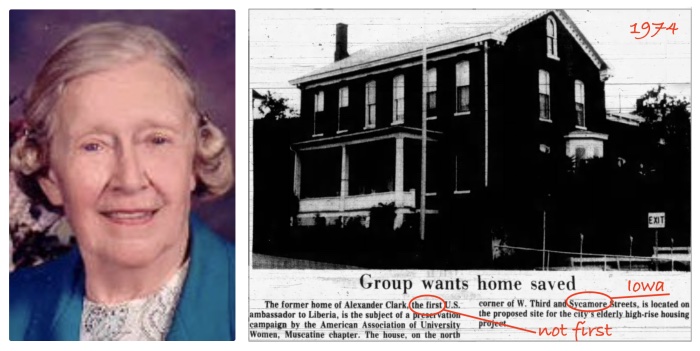The Iowa House State Government Committee did not take up a controversial public lands bill during its last meeting before the legislature’s second “funnel” deadline. Failure to act means the bill almost certainly will not move forward this year.
Senate File 516 would have required the Iowa Department of Natural Resources (DNR) to “prepare a statewide, long-range plan that shall prioritize the maintenance and protection of significant open space property throughout the state.” The state Department of Transportation would have been directed to “prepare a long-range plan for the development, promotion, management, and acquisition of recreational trails throughout the state.”
The Iowa Farm Bureau Federation advocated for the bill, on the grounds that “the state of Iowa should concentrate on management of currently owned land and reduce the efforts to acquire more public land.” Conservationists pointed out that Iowa has less public land than the vast majority of states.
Continue Reading...

















